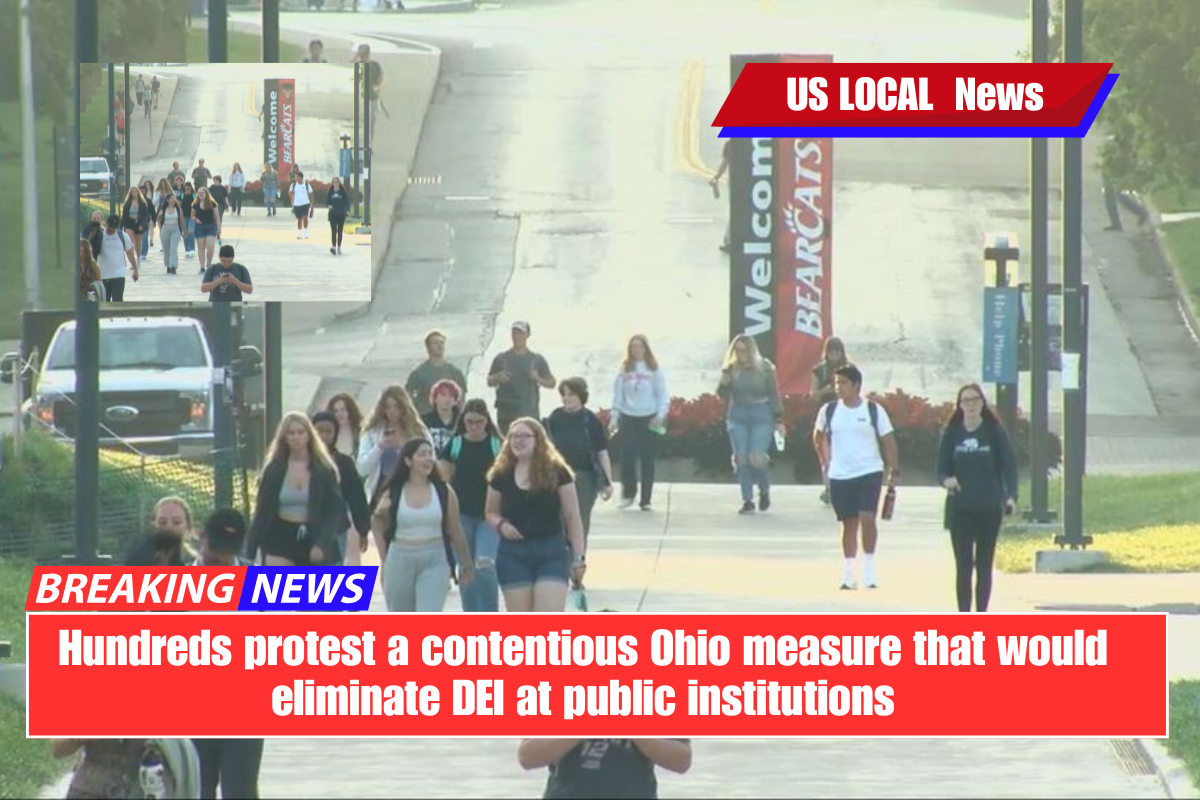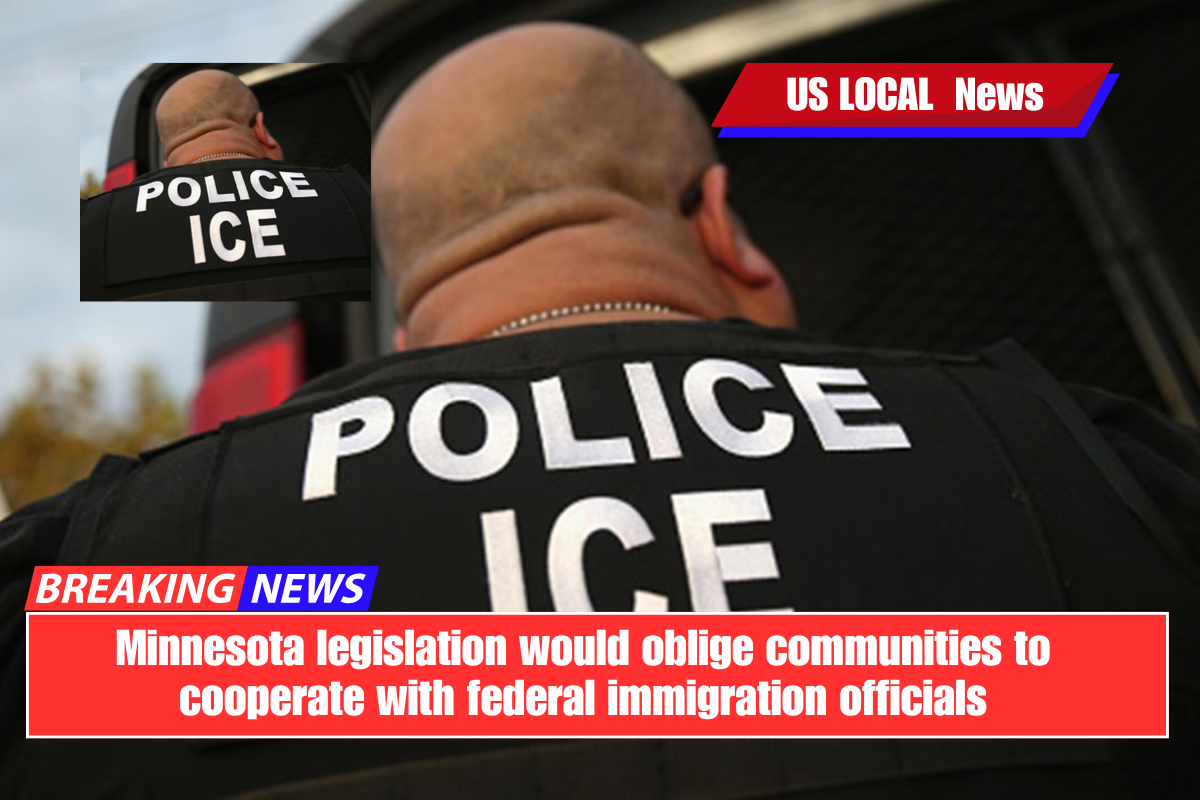- Tesla’s disappointing sales could be a wake-up call for investors.
- JPMorgan estimated that Trump’s proposed cuts to EV subsidies could cost Tesla $3.2 billion.
- Musk’s car company benefits from existing emissions regulations.
Tesla is in for a difficult year under the second Trump administration, despite CEO Elon Musk’s friendship with the president-elect.
Following disappointing fourth-quarter sales results and a 6% drop in Tesla shares on Thursday, JPMorgan warned that more trouble could be ahead.
According to the bank’s analysts, if Trump’s proposals to eliminate EV tax credits and subsidies that help make Teslas more affordable are implemented, approximately 40% of Tesla’s profits will be jeopardized.
Musk’s car company is already experiencing a slowdown in demand; on Thursday, it reported a drop in annual vehicle sales for the first time.
“Tesla does not appear to be on track to dominate the global auto industry amidst the electrification transition, which we view as only the starting point for present valuation,” said analyst Ryan Brinkman in a note to clients on Friday morning.
Tesla said it sold approximately 1.79 million vehicles in 2024, a slight decrease from a record 1.8 million in 2023 and its first year-over-year decline since becoming a major player.
The results rounded out a year in which Tesla began to feel the impact of a larger slowdown in the EV market as consumers shifted to more affordable and practical hybrids.
The results also slightly reversed Tesla’s stunning post-election rally, which had been fueled by Musk’s proximity to the White House and his new extragovernmental commission’s efforts to relax autonomous-vehicle regulations that limit Tesla’s ambitious robotaxi plans.
Brinkman argued that Thursday’s sales results should serve as a wake-up call for investors.
“The slowing of deliveries, even ahead of a likely subsidy removal, we think has the potential to refocus investors on the deterioration in deliveries, revenue, gross profit, EBIT, EPS, and FCF estimates across all periods,” Brinkman wrote, reiterating the stock’s bearish $135 price target.
Musk has insisted that removing EV subsidies will benefit Tesla, but Brinkman disagrees. He estimated that Tesla has the most to lose from Trump’s regulatory changes, costing it approximately $3.2 billion, as government subsidies account for a consistent minority of Tesla’s revenue.
Tesla’s regulatory credits business has long been a reliable source of cash flow. Essentially, Tesla profits from the EVs that its competitors do not sell when they purchase Tesla’s additional regulatory credits.
Furthermore, Tesla’s most affordable vehicle, the Model 3, benefits from the $7,500 tax credit available to some new EV purchases under the Inflation Reduction Act.
Tesla shares rose slightly on Friday morning, up about 4%.





















